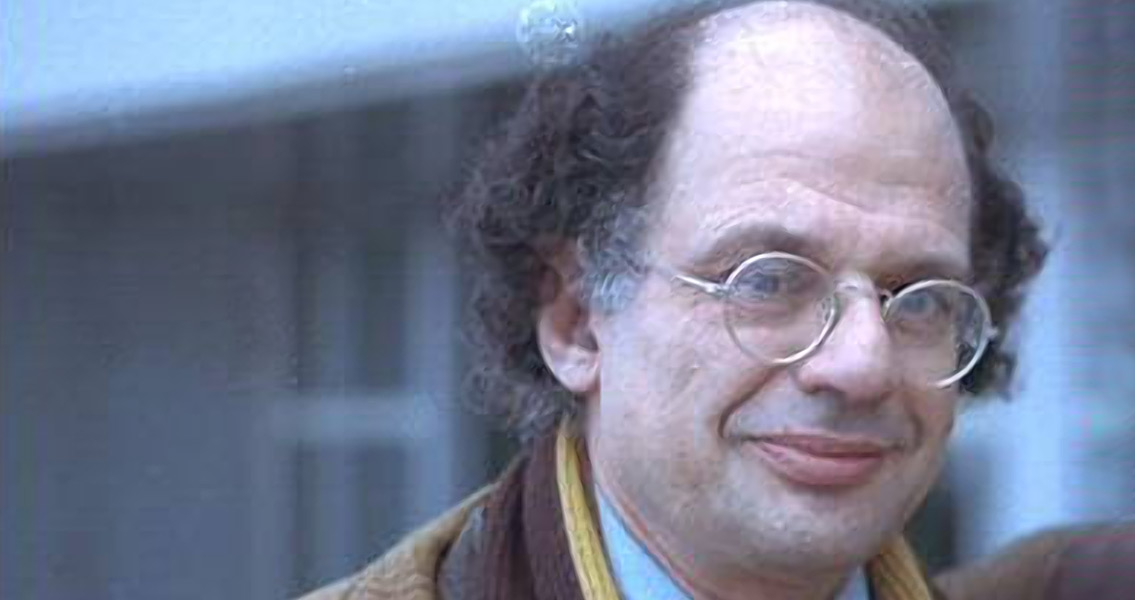<![CDATA[Coming just a few days after the closing of Banned Books Week, the 7th October marks the 60th anniversary of the first reading of one of the most controversial poems of the 1950s, Allen Ginsberg's 'Howl'. Seemingly tame by modern standards, the poem was considered obscene by many at the time of its original publication and subjected to an obscenity trial and attempts at censorship. The debut reading took place as part of a poetry reading event at the Six Gallery in San Francisco. The first physical publication of Howl was in 1956, in the poetry compilation 'Howl and Other Poems'. Ginsberg, a Columbia University graduate, had been exposed to the poetry greats during his childhood when his father encouraged his children to recite the works of the likes of Keats, Milton and Shelley. In 1948 Ginsberg was arrested following the police's discovery of a friend's drug stash in his apartment. He pleaded insanity and spent eight months in the asylum at Colombia before heading to the West Coast. During his university days he had become a central figure among what would become the Beat crowd in New York, getting involved with writers such as Jack Kerouac, William Burroughs and Neal Cassady. Following his move to San Francisco he became involved with the Beat poets there, providing a link between the movements of the the East and West coasts. A long lined poem delivered in a style similar to that of the likes of Walt Whitman, 'Howl' is an aggressive, confrontational work which attacks what Ginsberg considered the conservative, abusive society of the USA of the 1950s. Coming at a time when rock and roll was still an obscure movement very much in its infancy, and the US' counter culture was still in its early stages, Howl was an early rallying call for youthful defiance which helped bring the Beat movement to wider attention. Broken into three separate sections which can superficially come across as a disorganised, sprawling mess, Howl is in reality an expressionistic depiction of what Ginsberg considered the forces oppressing youth culture. Each section focuses on a specific theme, constructing increasingly evocative, if abstract, imagery. It's startling opening section makes the intention immediately clear. "I saw the best minds of my generation destroyed by madness, starving hysterical naked, dragging themselves through the negro streets at dawn looking for an angry fix, angelheaded hipsters burning for the ancient heavenly connection to the starry dynamo in the machinery of night, who poverty and tatters and hollow-eyed and high sat up smoking in the supernatural darkness of cold-water flats floating across the tops of cities contemplating jazz," The main controversy concerned the explicit imagery within. Howl is laced with depictions of sex and drug use presented in direct, pristine detail. The work soon faced accusations of obscenity. The book was published in England, but any attempts to have the second edition delivered to the USA were thwarted by customs. On 3rd June, 1957, Lawrence Ferlinghetti, a San Francisco publisher, was arrested for obscenity following his attempts to produce and publish the book. There followed a lengthy trial, the main basis of which concerned whether 'Howl' was indeed 'obscene'. To defend the poem, nine literature experts gave testimony on the literary value of the poem, successfully defending it and seeing the charges against Ferlinghetti overturned. Nevertheless, Howl, one of the key texts of the beat generation, was still capable of causing national scandals decades later. In 1988, the poem was scheduled to be read on several radio stations across the USA as part of a series of programs looking at censorship. Around sixty stations elected to cancel the broadcast however, following rulings by the Federal Communications Commission regarding indecent language. The anniversary of the first reading of Howl is significant as it marks the origins of a key work in the history of the Beat generation. Just as importantly, it's a reminder of the power of literature to provoke extreme reactions, both in those try to see it censored or banned, and those who fight to protect it. ]]>
'Obscene' Howl Performed for the First Time
